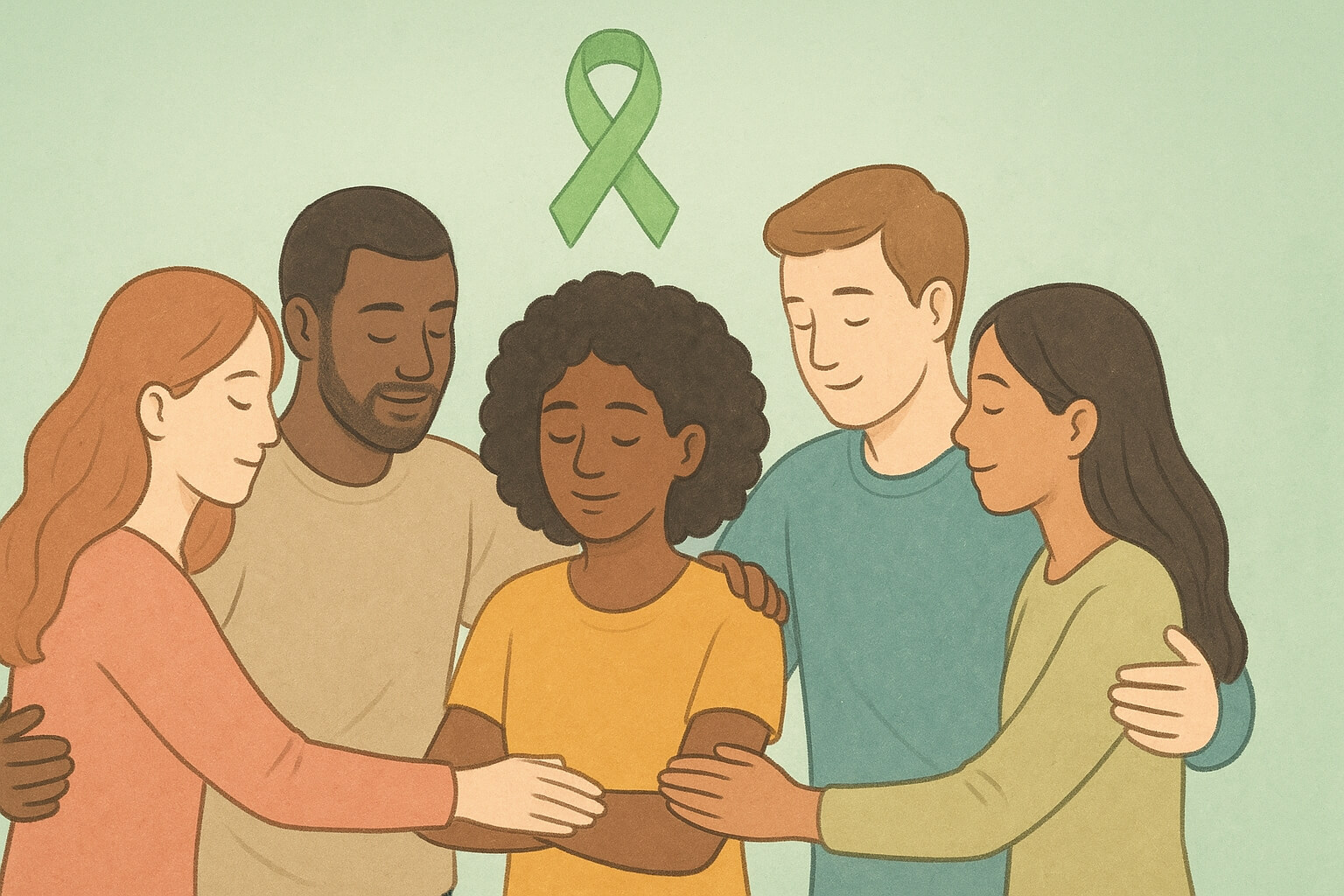August 26, 2025

Mental health is fundamental to every aspect of human life—how we think, feel, learn, and thrive in relationships. Yet stigma, lack of awareness, and inequitable access to care prevent countless individuals from seeking help when they need it most. Advocacy—by individuals, communities, and institutions—helps break down harmful barriers and normalize mental health as an essential part of overall well-being.
The good news? Advocacy is both powerful and achievable. No single person needs to do everything. Even small, intentional acts aggregate into profound cultural change.
Let’s explore in greater depth how you can take meaningful action across different levels of support:
Knowledge is a cornerstone of advocacy. Start by familiarizing yourself with common mental health conditions—anxiety, depression, PTSD, bipolar disorder, and others—and how stigma, misinformation, or cultural taboos distort how we view mental wellness.
Informative resources to explore:
Ways you can advocate through education:
Sometimes, the simple act of listening opens the door to healing. Validate people’s experiences without judgment and encourage professional support when appropriate.
Resources that support caregivers and listeners: Supporting Caregivers: Resources and Tips
Advocacy in action:
Advocating for prevention is as important as advocating for cures. Poor sleep, chronic stress, and social isolation are key contributors to mental health decline.
Key resource to understand the importance of preventive wellness: The Impact of Sleep on Your Overall Health
Practical steps for prevention:
Awareness of how mental health intertwines with physical well-being enhances holistic care.
Informing resources:
Advocacy applications:
Real progress starts locally. Transform your corner of the world by creating safe spaces where people feel empowered to seek help.
Insightful exploration:
Community-building ideas:
Individual advocacy carries additional weight when combined with systemic reform. Push for equitable mental health policies that ensure access for all.
Links to systemic synergy:
Policy advocacy in action:
Spreading awareness is only impactful when it's backed by credibility. Use authoritative sources to guide your sharing.
Shareable actions:
Advocacy doesn't require grand gestures—your consistent, authentic efforts are powerful.
Ideas include:
Mental health advocacy is both a deliberate act and a continuous commitment. It thrives on awareness, empathy, solidarity, and systemic change.
From sharing credible information to listening with compassion, building peer support circles, and fighting for better mental health infrastructure—your actions matter. Together, we can create environments where mental health is understood, supported, and integrated into every corner of community life.
Start today. Your voice and presence can make the difference.
Stay up to date with the latest tips, expert insights, product reviews, and step-by-step guides to help you grow, create, and succeed—no matter your industry or passion.